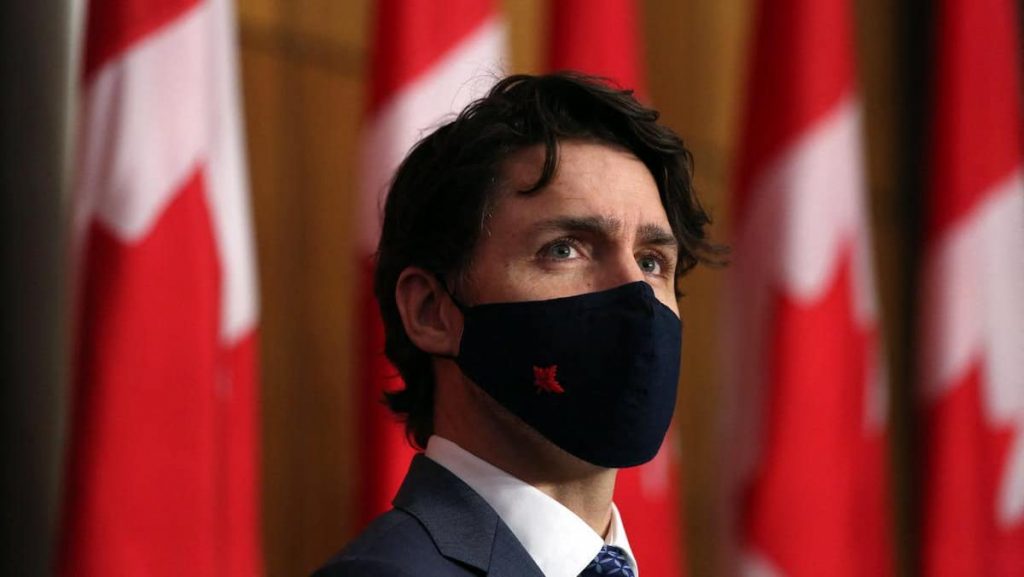With the summer break approaching and a possible relaxation of some of the tougher health measures, the federal government is still in discussions with its allies about a possible “vaccination passport”.
Also read: More than 3 million doses were delivered this week
Prime Minister Justin Trudeau said at a press conference on Tuesday that his government is “looking into whether vaccination certificates will be useful or necessary for travel once we pass this pandemic.”
He noted that every country can impose the regulations they want, “but we are interested in aligning ourselves with the countries that want to do so, because we know that to ensure the protection of Canadians. It has to be the number one concern.”
While the United States abandoned the idea of a vaccine passport nearly a month ago, the idea continued to spread in Ottawa.
While the United States does not intend to request evidence of vaccination from Canadians crossing the border on the ground, Justin Trudeau has not closed the door to such a possibility. According to him, the cooperation between the two countries does not necessarily mean complete “coordination”.
The European Union recently announced that it would welcome Americans who received two doses of the COVID-19 vaccine, for example, which somehow means they will have to show proof of vaccination.
But, first of all, Mr. Trudeau noted, “This is not the time to travel” because “we haven’t got there yet”. “We hope to get there in the coming months, but for now, we still have to restrict our movements and follow public health and vaccination instructions as soon as possible.”
For the deputy head of the Public Health Agency, Dr. Howard Ngo, it is still too early to decide on the idea of a vaccination for travel abroad, because in any case, travel is still deeply frustrated.
As for proof of vaccination for activities inside the country, Dr Ngo explained that discussions are still ongoing and Canada is keeping its eyes open on what is going on elsewhere in the world.
Nevertheless, “issues of morality, discrimination and stigmatization” remain at the center of the deliberations.
He pointed out that “even on a technical level, we know that after taking two doses of the vaccine, it is not safe, because no vaccine is 100% effective,” and that a fully vaccinated person can contact others and infect them.
In parallel, the Minister of Supply, Anita Anand, announced that more than 3 million vaccine doses are expected to arrive in the country by the end of the week.
Of these, a million doses of Moderna vaccine that were scheduled to leave Europe next week will be shipped to Canada.

“Music guru. Incurable web practitioner. Thinker. Lifelong zombie junkie. Tv buff. Typical organizer. Evil beer scholar.”






More Stories
After the discovery of norovirus, these berries should not be eaten.
Mechanics Strike | WestJet Cancels Nearly 700 Flights, Affects Nearly 100,000 Passengers
Three 'basic' Airbnb listings: Owner shares how he easily skirted the rules